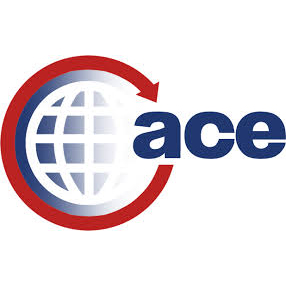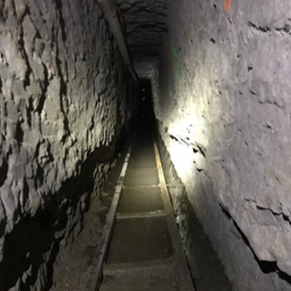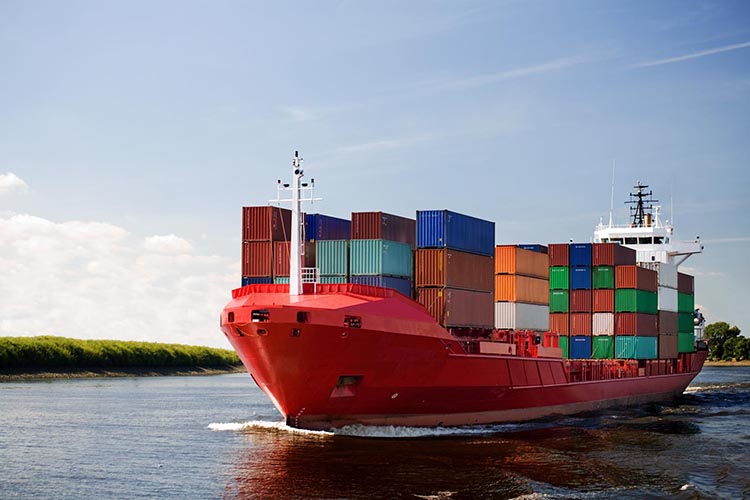
FTZ’ine January 2020
January 7, 2020
FTZ’ine March 2020
March 3, 2020The 2020 Election Heats Up
Yesterday, the Iowa caucuses began in earnest, kicking off the voting for a Democratic challenger this November. The Senate is expected to formally vote tomorrow to bring an end to the impeachment trial of President Trump. With impeachment proceedings complete, and primary voting in full swing, the 2020 campaign is likely to consume all the oxygen in your nation’s capital until November. That means there is unlikely to be significant changes in trade or any other front before the end of the year. Even so, the President’s recent expansion of Section 232 tariffs on derivative steel and aluminum products means it is possible we will continue to see an impact on trade through moves where Congressional approval is not required.

Top Story: Longshoremen Bankruptcy Could Unsettle West Coast Docks
Tech Tip
Now is time to submit your annual report to the Foreign-Trade Zone Board at the U.S. Department of Commerce. While it is due to the FTZ Board on March 31, many Grantees ask that zones submit earlier than that so they can review prior to final submission. If you haven’t gotten a deadline from your Grantee yet, it’s a good time to reach out and see what is planned.
If your zone year is based on the calendar year, it is also a good time to take care of the other annual reports for zone operators – annual reconciliation and system review.
Since submitting the FTZ Annual Board Report is an activity we do only once a year, it can be hard to remember how to get the data collected and organized. ISCM’s FTZ Annual Board Report Tutorial can help! And, unlike the free webinars, this tutorial describes not only what data is needed but explains where to look for that data and how to calculate the trickier elements needed. Have other training needs? Let us know about them by sending an email to Info@iscm.co.


FTZs Brace For New Round of Steel Tariffs
Can You Dig It?
Border Patrol agents in San Diego recently exposed the longest cross-border tunnel ever discovered in the U.S.


CBP Continues To Collect Higher Section 301 Tariffs For FTZs
Will New CBP Inspection Push Aid FTZ 321 Efforts?


Would President Sanders Change USMCA For FTZ Users?

FTZ Board Activity
- Fisher Footwear, LLC submitted an application for subzone status for its facility within FTZ 44 in Cranbury, New Jersey. MORE
- DENSO Manufacturing Michigan, Inc. received authorization of production activity for automotive HVAC and engine cooling products within FTZ 43 in Battle Creek, Michigan. MORE
- South Florida Lumber Company. received authorization of production activity for steel frames within FTZ 43 in Medley, Florida. MORE
- Mitsubishi Caterpillar Forklift America, Inc. submitted a Notification of Proposed Production Activity for additional components of forklift/work trucks and related subassemblies/Kits within FTZ 84 in Houston, Texas. MORE
- Benteler Steel/Tube Manufacturing Corp. received authorization of production activity for seamless quality steel tubes within FTZ 145 in Shreveport, Louisiana. MORE
- World Trade Center Savannah, LLC applied to expand FTZ 104 by adding Burke County, Georgia to its Alternative Site Framework service area. MORE
- Caterpillar, Inc. received authorization of production activity for tractors and forestry machines within FTZ 151 in Calhoun and Victories, Texas. MORE
- PPC Broadband, Inc. submitted a Notification of Proposed Production Activity for hardline coaxial cables within FTZ 90 in Syracuse, New York. MORE
- Southwest Idaho Manufacturers' Alliance applied to reorganize FTZ 280 under the Alternative Site Framework in Caldwell, Idaho with a service area of Elmore County, Idaho. MORE
- Eastman Kodak Company received authorization of production activity for additional components of one-time use cameras within FTZ 141 in Rochester, New York. MORE
- Panasonic Solar North America received authorization of production activity for crystalline silicon photovoltaic solar panels/modules and cells within FTZ 23 in Buffalo, New York. MORE
- Foreign-Trade Zone of Southeast Texas, Inc. received authorization to expand FTZ 116 to include additional Port of Port Arthur facilities in Port Arthur, Texas. MORE
The 2020 Election Heats Up
– Yesterday, the Iowa caucuses began in earnest, kicking off the voting for a Democratic challenger this November. The Senate is expected to formally vote tomorrow to bring an end to the impeachment trial of President Trump. With impeachment proceedings complete, and primary voting in full swing, the 2020 campaign is likely to consume all the oxygen in your nation’s capital until November. That means there is unlikely to be significant changes in trade or any other front before the end of the year. Even so, the President’s recent expansion of Section 232 tariffs on derivative steel and aluminum products means it is possible we will continue to see an impact on trade through moves where Congressional approval is not required.

